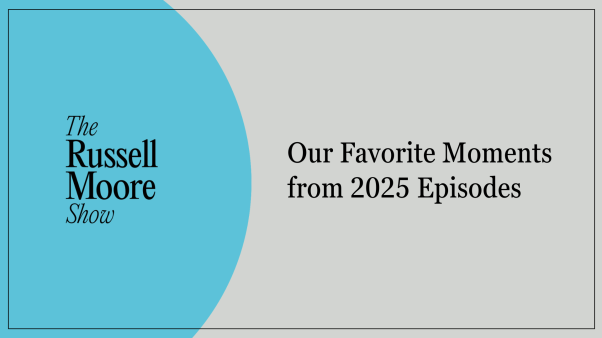Debates like those swirling around school vouchers and the Pledge of Allegiance inevitably spark arguments about the religion of America’s chief architects. If we could just tease out what the framers of the Constitution believed and intended, the refrain goes, we could settle all of these nagging church-state questions. Several people think they’ve already found sufficient evidence to close the major cases.
Of the many problems with this line of thinking, perhaps the greatest is that 2002 is not 1789. As the following excerpts from Yale historian Harry S. Stout’s article in Christian History‘s issue 50: Christianity and the American Revolution should show, even one of the most-studied stretches of this country’s own past is a wildly foreign country:
- [In 1775,] there are no presidents or vice-presidents, no Supreme Court justices or public defenders to call on . …In many colonies, including Massachusetts, there are not even elected governors or councilors—they have all been appointed by the British crown and are answerable to it.
- Over the span of the colonial era, American ministers delivered approximately 8 million sermons, each lasting one to one-and-a-half hours. The average 70-year-old colonial churchgoer would have listened to some 7,000 sermons in his or her lifetime, totaling nearly 10,000 hours of concentrated listening. This is the number of classroom hours it would take to receive ten separate undergraduate degrees in a modern university, without ever repeating the same course!
- Events were perceived not from the mundane, human vantage point but from God’s. The vast majority of colonists were Reformed or Calvinist, to whom things were not as they might appear at ground level: all events, no matter how mundane or seemingly random, were parts of a larger pattern of meaning, part of God’s providential design. The outlines of this pattern were contained in Scripture and interpreted by discerning pastors.
- [Today] taxation and representation are political and constitutional issues, having nothing to do with religion. But to eighteenth-century ears, attuned to lifetimes of preaching, the issues were inevitably religious as well.
- When understood in its own times, the American Revolution was first and foremost a religious event.
Partisans and scholars disagree regarding the extent to which what was true for the “average” colonist was also true for such towering figures as George Washington, James Madison, and Thomas Jefferson. On some subjects—notably the infallibility of Scripture and the role and significance of divine providence—these leaders seem to have been significantly out of step with a large majority of their contemporaries.
Still, it is inconceivable that these men had more in common with anyone today than with nearly everyone in their own day. The clues to the founders’ religious feelings, and thus to their probable opinions on current events, are embedded too deep in historical sediment to be easily accessed or applied.
Elesha Coffman is managing editor of Christian History magazine.
Related Elsewhere:
More Christian history, including a list of events that occurred this week in the church’s past, is available at ChristianHistory.net. Subscriptions to the quarterly print magazine are also available.
Christian History issue 50 is available at the visit the Christian History Store.
Christian History Corner appears every Friday at ChristianityToday.com. Previous editions include:
Between Extremes | Church leaders didn’t like Pelagius’s ideas about free will, but they’ve never been able to avoid them completely (June 28, 2002)
Severe Success | Bernard of Clairvaux was a tough act to follow—yet thousands of Christians walked his path. (June 21, 2002)
Coming to America | Commentators who call proposed INS policies an unprecedented invasion of privacy forget what foreign visitors were asked 80 years ago, and why. (June 14, 2002)
When Pacifists Attack | 350 years ago, George Fox launched a powerful, peace-loving movement with an assault on established Christianity. (June 7, 2002)
Captive Christians | Views from inside Roman, English, and German prisons give a sense of how kidnapped missionaries might feel. (May 31, 2002)
Of Church, State, and Taxes | If you want to know what the establishment of religion looks like, check out church history, not American tax law. (May 17, 2002)
Mom, We Salute You | Mother’s Day and Memorial Day were meant to go together. (May 10, 2002)
Christ, Culture, and History | Is the “main character” in the church’s story God, transforming faith, or an inspired yet wayward community? (May 3, 2002)
Moving Targets | Evangelizing on-the-go Americans only seems harder than it used to be. (Apr. 26, 2002)
The Profligate Provocateur | In the twelfth century, an intellectual challenge to church authority proved much more dangerous than a sex scandal. (Apr. 19, 2002)
‘Hier Stehe Ich!’ | When Martin Luther stood up for his ideas at the Diet of Worms, did he really say, “Here I stand”? (April 12, 2002)
National Makeover | Washington’s struggle to sell the American image overseas illustrates how sharply today’s reality differs from seventeenth-century ideals. (Apr. 5, 2002)








